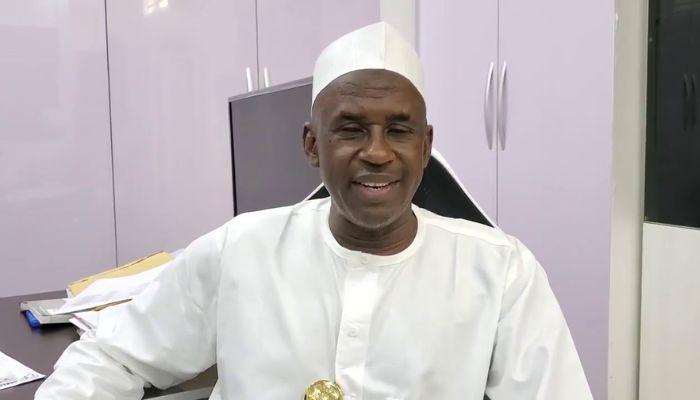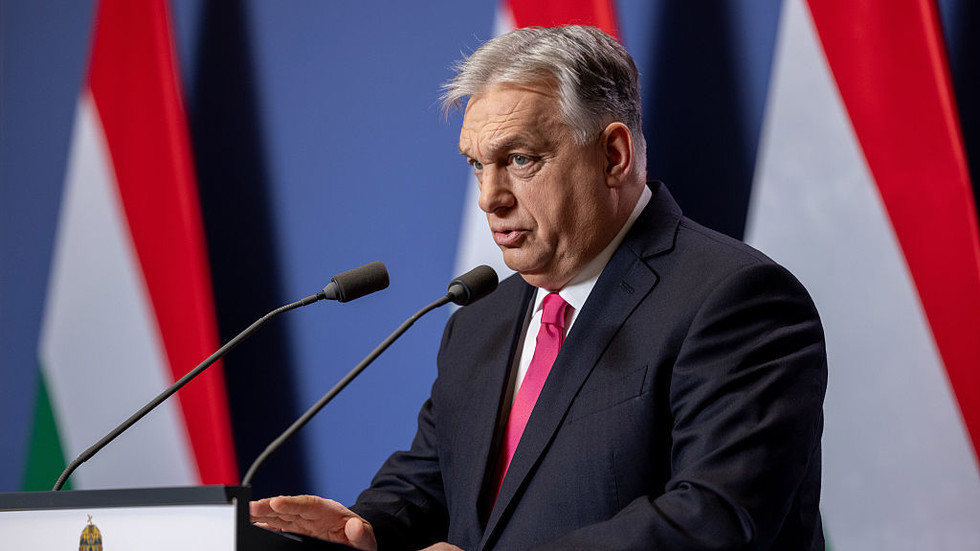The Nigeria Coalition Group and Yoruba Council Worldwide have expressed strong opposition to the recent suspension of the 15% import duty tariffs on petroleum products. According to the groups, this decision is misguided and ill-timed, as it should be discouraging the importation of petroleum products.
The groups argue that the move undermines the interests of Nigerians, local refineries, and the country’s economic well-being. This stance is in response to the announcement made by Prince Damilotun Aderemi, Principal Private Secretary to President Bola Ahmed Tinubu, citing alleged panic buying of petrol and diesel as the reason for the suspension.
However, the groups claim that there is no evidence of panic buying or fuel scarcity in any part of Nigeria, describing the suspension as a fabrication orchestrated by “powerful oil cabals” seeking to perpetuate the suffering of Nigerians. The Nigeria Coalition Group and Yoruba Council Worldwide are demanding the immediate implementation of the 15% import duty tariffs and a total ban on petroleum importation to protect local refineries.
In a recent presentation to the Lagos State Government, the groups urged accelerated action to ensure indigenous refineries are protected from economic sabotage. They have also petitioned the Economic and Financial Crimes Commission, the Nigeria Police Force, and the Department of State Services to reinforce their demands. Aare Oladotun Hassan, President of the Nigeria Coalition Group, emphasized that the suspension poses a threat to national economic stability and urged Nigerians to unite in safeguarding local petroleum investments.
The groups remain committed to advocating for policies that reduce reliance on imported petroleum products and strengthen Nigeria’s energy self-sufficiency. They are pushing for local refineries to receive 100% crude oil allocation, which would help to boost the country’s economic stability and reduce its dependence on foreign oil. The suspension of the import duty tariffs has significant implications for Nigeria’s economy, and the groups’ opposition highlights the need for careful consideration of the country’s energy policies.



